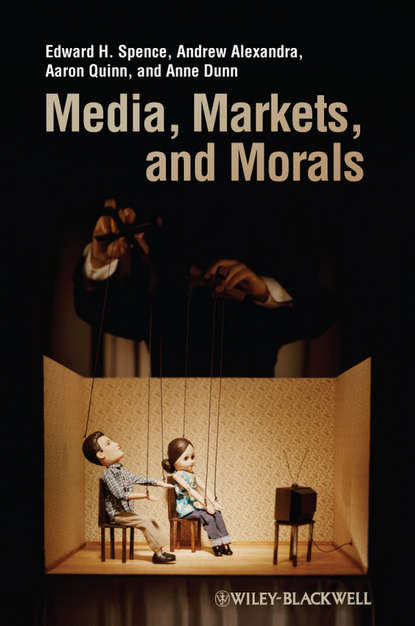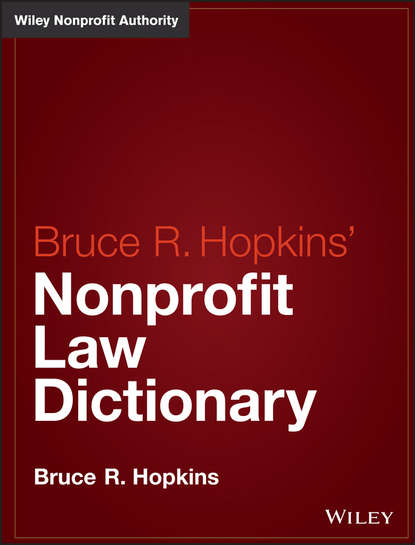Книга "Media, Markets, and Morals" представляет оригинальную этическую платформу, разработанную специально для оценки этических вопросов, связанных с медиа, включая новые медиа. Авторы применяют свой подход к моральной роли медиа, которые выступают как информационные поставщики для общественного блага и как бизнесы, работающие на прибыль, к конкретным этически проблемным практикам и задаются вопросом, как можно поощрять этическое поведение в отрасли. Книга собирает экспертов в области медиа и медиа-этики, информационной этики и профессиональной этики, предлагает оригинальную этическую платформу, разработанную специально для оценки этических вопросов, связанных с медиа, включая новые медиа. Она также развивает инновационную теоретическую модель для изучения и оценки коррупции в медиа и методов борьбы с коррупцией, ранее разработанную авторами Спенсом и Квинном. Кроме того, книга раскрывает и уточняет врожденную этическую природу информации и ее передачи, к которым медиа, выступая как поставщики информации, неизбежно призваны.
In Media, markets, and morals , Edward H.Spence offers a unique set of tools for assessing the ethical situations that arise in and around the media. In contrast to many previous responses to the issues that media professionals face on ethical front, this text is less inclined to equate these dilemmas to a matter of abstract "consumer sovereignty," but looks instead to the inherent social and economic systems which give rise to them. Many traditional ethical theories have at heart a God-given presupposition that we are not merely parts of economic entities, but are all potential persons with inherent dignity. Contemporary issue, however, tend to offer these entities the cleanest and most straightforward answer to ethical conundrums. Rather than pick a side -- whether that be the adored corporate interest or the peddled ideal of government regulation --Spence charts the middle ground of market responsibility and public aims. No stone is left unturned; the text examines the industrial history of newspapers and magazines, from Gannett to wire services; links starbucks capitalism and McDonald's social responsibility with the Kerber v. Cook Maynard decision; reads democratic theory with Simon and Schuster and Time Inc.; and kneads elements of information ethics and sustainability activism into a narrative that looks beyond the bright ethical signals to find the unsavory economic undercurrents of so much of what most ethicists attempt to ignore. Issues such as IQ papers, warrantless surveillance, commercial video, defamation, ad intermediaries, email spam, romance sites, true crime anthologies, foreign correspondents, and bottom gross are each shown to be both ethical dilemmas and forced cases of poor implementation resulting from an incomplete understanding of either the sacrifices of freedom required for sound journalism or the way market forces uniquely impact media businesses. Media ethicists, writers in law and policy, usability theorists, practical media directors, business students, anyone with an interest in why all of these doctrines never seem to agree is bound to learn something from Spence's meticulous explanation, as well as to ponder alternative uses of our ethical criteria themselves. My largest criticism of Media, markets , and morals is its reluctance to study ethics in relation to the prophetic and humanitarian ends of the public culture, and instead exists as a finely honed example of the plea we all bring ourselves to not make without a scalpel: how to marry the messy and flawed human reality of our communications institutions with the truths that we as a society believe to be of great significance in shaping ethics as a whole. But as a teacher of EN 307 (Mass Communication Ethics) who struggled with presenting ethical frameworks to unprepared graduate students, I applaud Spence for infusing these murky ethical spaces with something pure and illuminating: the contractions and complications that solidify the inquiry of he ethics of communications into something meaningful. Herein lies the perfect media student's bed time reading. A classic.
Электронная Книга «Media, Markets, and Morals» написана автором Edward H. Spence в году.
Минимальный возраст читателя: 0
Язык: Английский
ISBN: 9781444396027
Описание книги от Edward H. Spence
Media, Markets, and Morals provides an original ethical framework designed specifically for evaluating ethical issues in the media, including new media. The authors apply their account of the moral role of the media, in their dual capacity as information providers for the public good and as businesses run for profit, to specific morally problematic practices and question how ethical behavior can be promoted within the industry. Brings together experts in the fields of media studies and media ethics, information ethics, and professional ethics Offers an original ethical framework designed specifically for evaluating ethical issues in the media, including new media Builds upon and further develops an innovative theoretical model for examining and evaluating media corruption and methods of media anti-corruption previously developed by authors Spence and Quinn Discloses and clarifies the inherent ethical nature of information and its communication to which the media as providers of information are necessarily committed



















